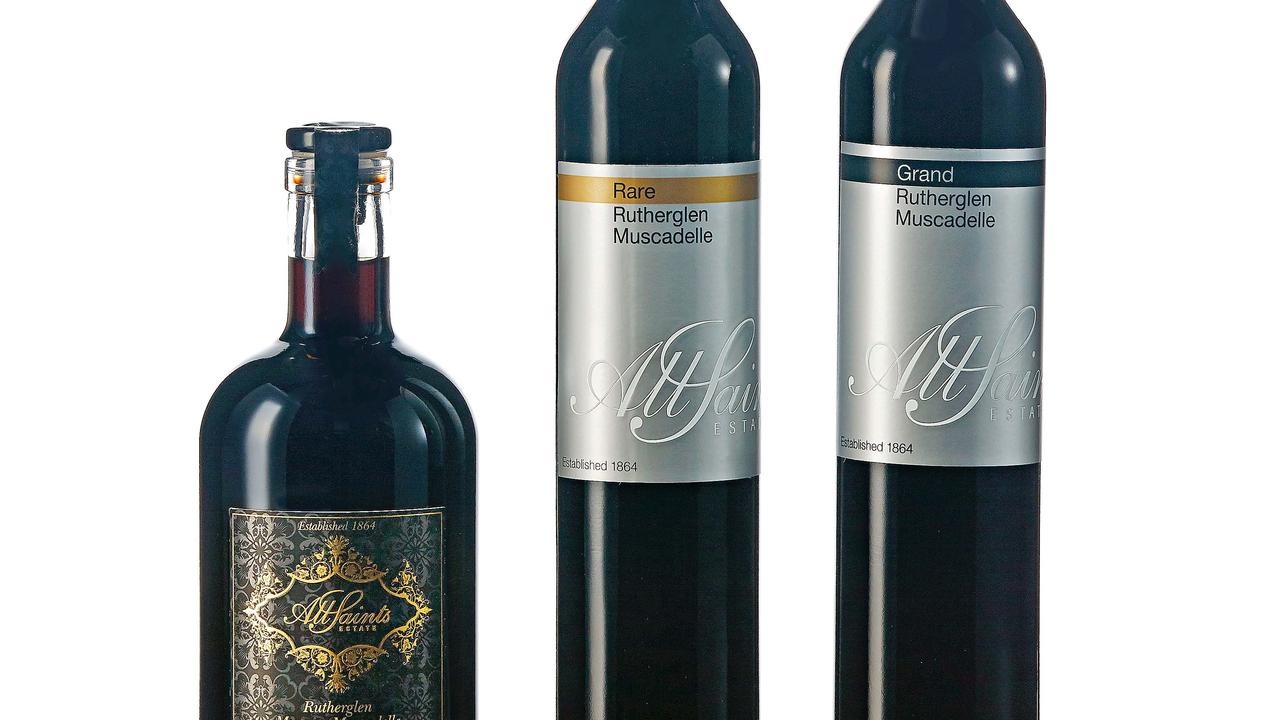Heart of the Nation: South West Rocks 2431
IT was a cold July morning in South West Rocks, and Helen Lambert was out the door at dawn with her camera to catch the beautiful light.

IT was a cold July morning in South West Rocks, and Helen Lambert was out the door at dawn with her camera to catch the beautiful light.
A little way out of town, in a paddock beside the Macleay River, she came across this scene. She thought at first it was frost on the ground, but on closer inspection was shocked to realise it was actually a sea of spider webs. Her photo - which has been shortlisted in the Australian Museum's Eureka Prize for Science Photography - has an ethereal, other-worldly quality; it all looks very peaceful. In fact, though, the story told by those webs is one of mass panic, of tens of thousands of spiders scrambling for their lives.
The reason? After heavy rain in previous days the Macleay River was threatening to flood - and the spiders in this paddock, ekeing out a living in the jungle of shin-high vegetation, could sense this. To survive, they needed to rush to higher ground. Martyn Robinson, a naturalist at the Australian Museum, explains that spiders on the move extrude a continuous silk thread - a kind of safety line for navigating through their environment. In a mass migration like this, those threads build up on top of each other until eventually they form a continuous mat. Added to this, smaller spiders try to escape by "ballooning": they climb up a grass stalk then let out 20cm or so of fine gossamer, hoping that a breath of wind will carry them off to pastures new. Judging by the evidence on the ground, many of them didn't get very far.
Lambert, who works on an indigenous health project for Medicare, is a Kiwi who came to Australia for a holiday in 1979, aged 19, and never left. She lives in Coffs Harbour, though she has a special place in her heart for South West Rocks: she lived and raised a daughter there for 16 years. In that time she endured three big floods that cut the township off for days, with helicopters bringing in food and supplies. It wasn't all bad, though. "No one could get in to work, which was a bonus," she laughs.



